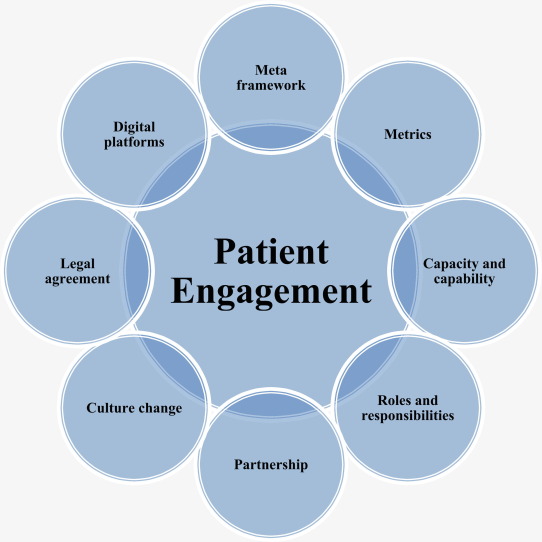Patient Engagement and Retention
Patient Engagement and Retention
AI-powered Patient Engagement and Retention is transforming how healthcare providers interact with their patients, helping keep them more involved in their care and encouraging long-term commitment to healthy habits. In traditional healthcare, patients often only engage with their doctors during appointments, which can leave gaps in communication and follow-up care. AI helps solve this problem by providing tools that enable continuous, personalized interaction between patients and healthcare providers. This keeps patients more informed, involved, and motivated to stick to their treatment plans, leading to better health outcomes and longer-lasting relationships with their doctors.

One way AI improves patient engagement is through automated communication. AI-powered systems can send personalized reminders for appointments, medication schedules, or upcoming tests, ensuring patients don’t forget important aspects of their care. These reminders can be sent via text messages, emails, or even through a healthcare app, making it easy for patients to stay on top of their health. This simple but effective approach helps patients feel more connected to their care, reducing the chances of missed appointments or neglected treatments.
AI also helps make healthcare more personalized, which increases patient satisfaction. By analyzing patient data, AI can deliver customized health tips, advice, or educational content based on the patient’s specific needs and conditions. For example, if a patient has high cholesterol, an AI system might send tailored dietary suggestions or exercise plans to help manage it. These personalized interactions make patients feel like their healthcare provider truly understands their needs, which builds trust and encourages them to stay engaged with their treatment plans.
In addition, AI can track patient behavior and identify when someone might be at risk of disengaging from their care. For instance, if a patient stops using a health app or misses multiple appointments, AI can flag this behavior and prompt the healthcare provider to reach out. Early intervention can help address any concerns or obstacles the patient is facing, whether it’s confusion about their treatment or issues with scheduling. By catching these problems early, healthcare providers can take steps to re-engage patients and prevent them from falling through the cracks.
Lastly, AI-powered tools improve patient retention by making the healthcare experience smoother and more convenient. Patients are more likely to stay with a healthcare provider when their care feels easy and accessible. AI can streamline processes like scheduling, billing, and communication, reducing the frustration that often comes with navigating the healthcare system. For example, an AI chatbot can help patients schedule appointments or answer questions about their treatment 24/7, making it easier for them to get the support they need. By making healthcare more convenient and patient-centered, AI helps keep patients engaged and encourages them to stay with the same provider over the long term.

